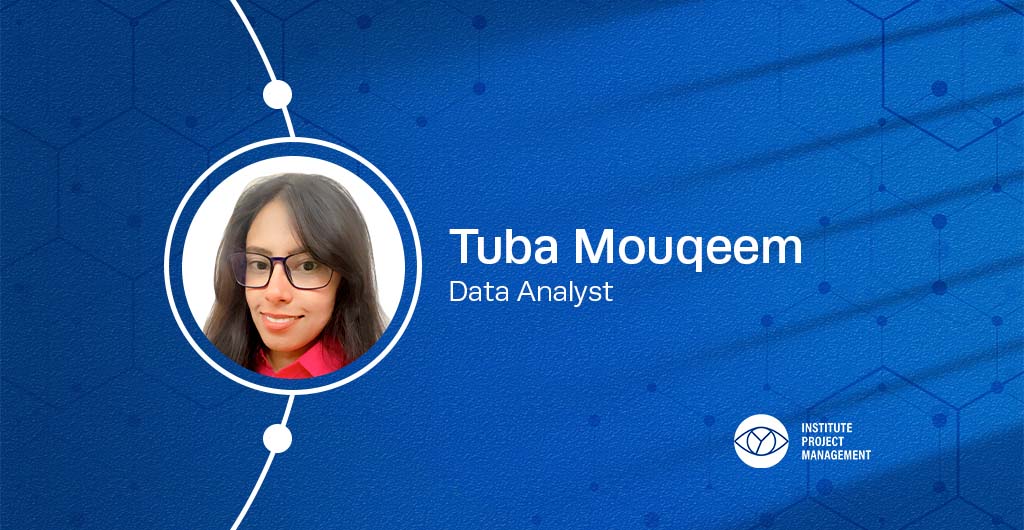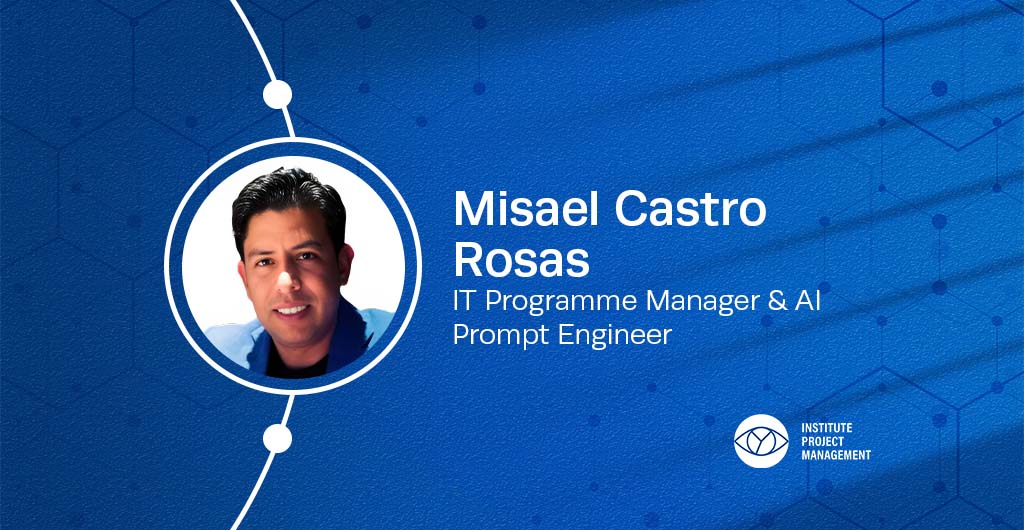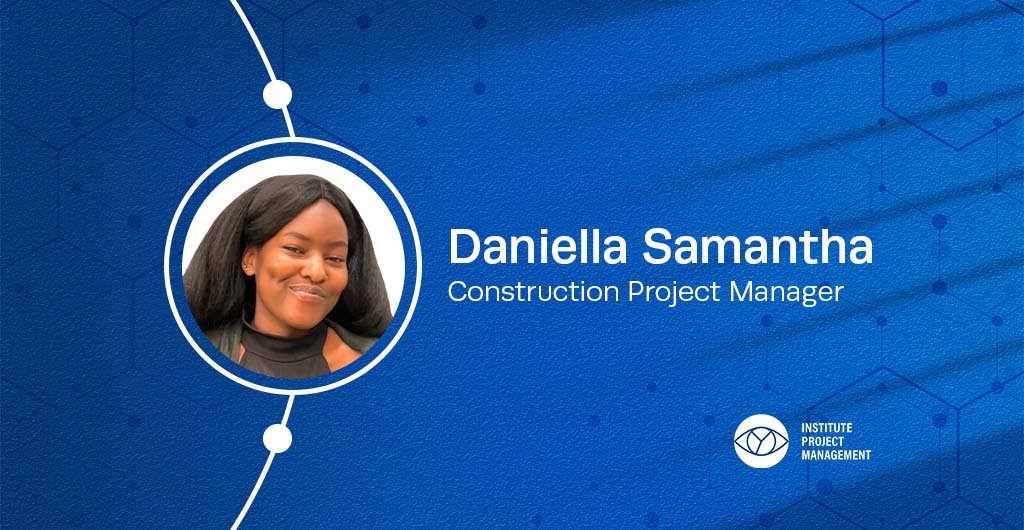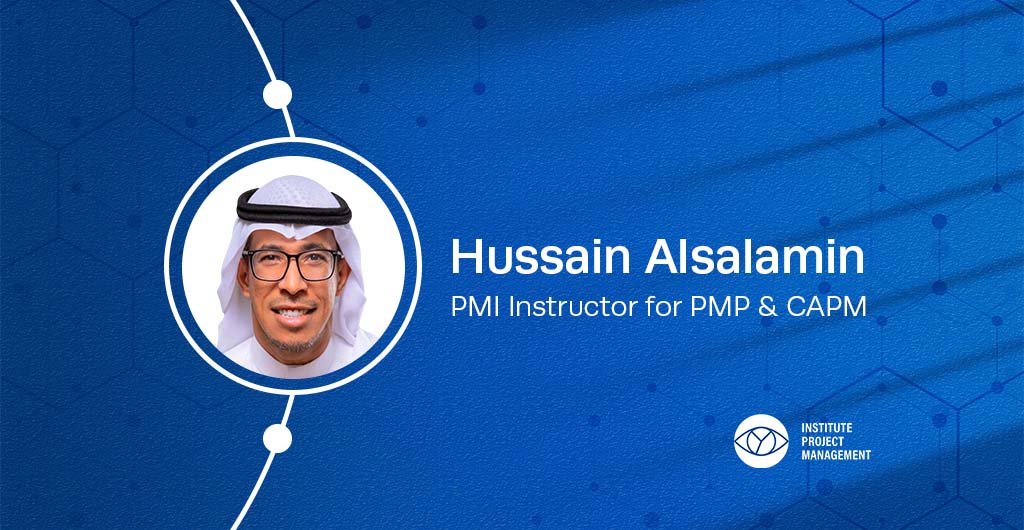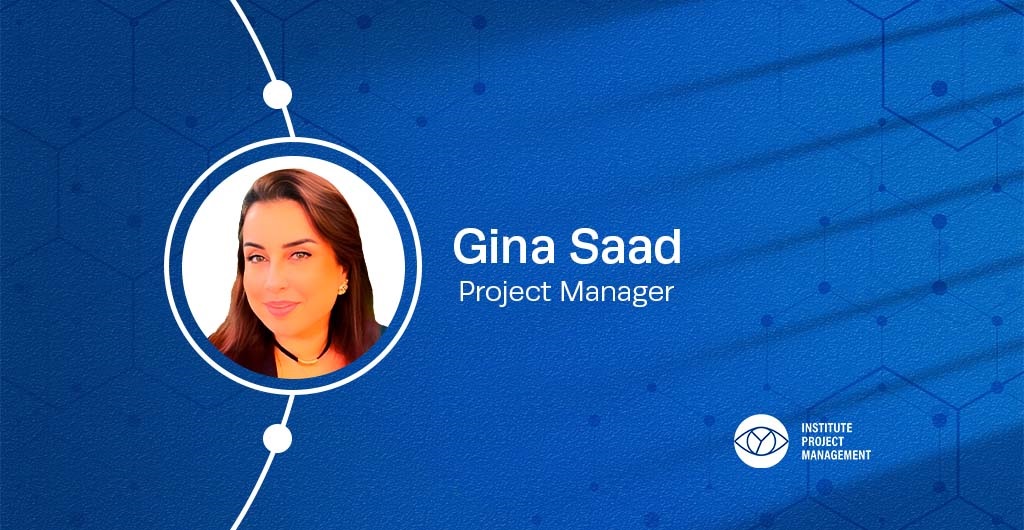Need advice? Call Now, Schedule a Meeting or Contact Us


Speak to an advisor
Nionila Ivanova highlights the need for advanced AI tools in modern project management to meet rising demands and tighter deadlines.
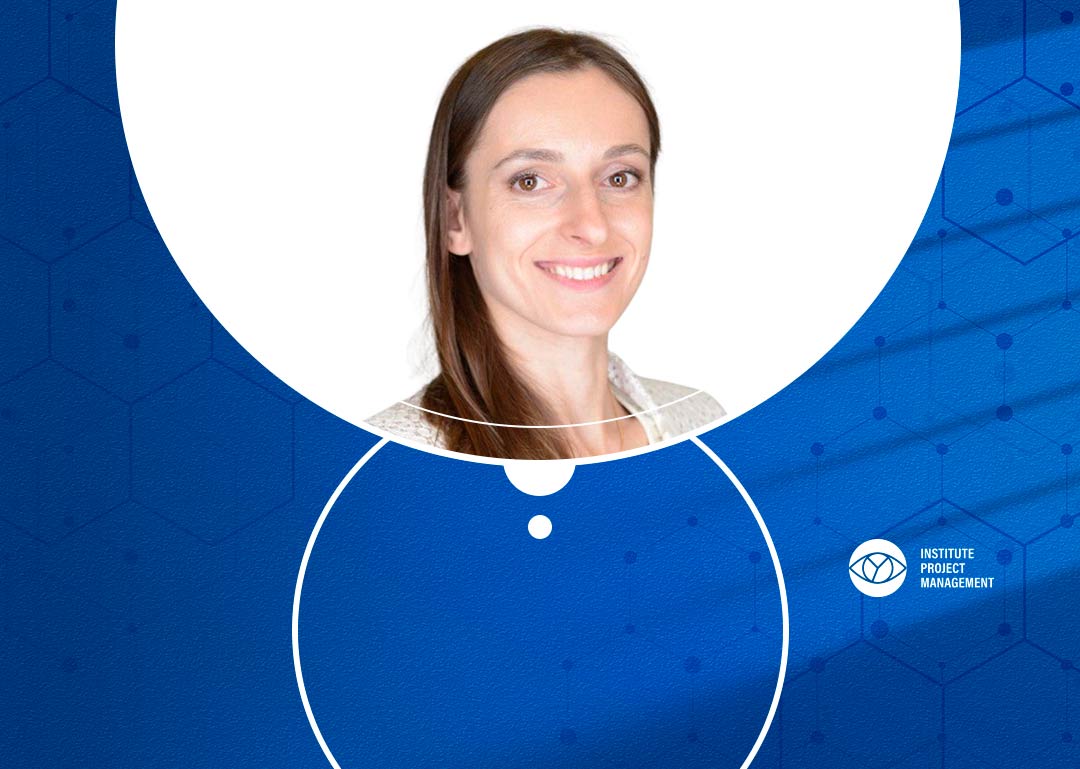
Managing projects isn't what it used to be. Deadlines are tighter, teams are spread across the globe, and the demand for flawless execution has never been higher.
To keep up, project managers need more than just spreadsheets and checklists — they need intelligent tools that can think ahead, adapt, and make decisions on the fly. Artificial Intelligence (AI) has revolutionised nearly every industry, and project management is no exception.

AI-powered tools help project managers track tasks and deadlines, predict risks, analyse the progress, and optimise resources for the team.
To keep team members on track and boost overall productivity, I will share 10 AI project management tools that your team needs.

One of the most time-consuming aspects of project management is manually assigning tasks to team members. It means ensuring that the right people are working on the right tasks based on their skills, availability, and current workload.
Wrike uses AI to automate task assignments, analysing team members' past performance, expertise, and availability to ensure tasks are matched with the most suitable person.
By leveraging Wrike's automation, you eliminate guesswork and reduce the time spent on task distribution, freeing up more time for strategic decision-making. Plus, it ensures that no one is overwhelmed while others remain underutilised, optimising productivity across the board.

Managing multiple tasks and deadlines can quickly become overwhelming, especially when everything feels like a priority. ClickUp is an AI-powered tool that takes prioritisation and scheduling to the next level.
ClickUp uses AI to analyse deadlines, project dependencies, and team workload to suggest the most efficient order for task completion. It identifies which tasks are critical and should be addressed first while also considering the impact of delays or changes in priority. The tool adjusts schedules in real-time, ensuring that your team is always working on the most important tasks, even when things change unexpectedly.

Trello is a highly popular project management tool known for its simplicity and flexibility. While it may appear straightforward, Trello has embraced AI to enhance task management and streamline workflows.
With Trello's Butler feature, AI automates repetitive tasks like sorting cards, assigning tasks, and setting due dates based on predefined rules. This automation reduces the manual work involved in managing projects and helps ensure deadlines are met without human intervention.
Trello's AI-driven reminders and workflow automation allow project managers to focus on high-level strategy while the system takes care of the routine. Teams can also customise their boards, using AI to suggest task prioritisation based on deadlines and team availability.

Asana is widely used for managing tasks, projects, and teams, and its integration of AI makes it even more powerful. With AI features, Asana helps project managers prioritise tasks and manage workloads effectively.
Asana's Workload tool uses AI to analyse team capacity and ensure tasks are distributed evenly, avoiding burnout or underutilisation. It also employs AI to predict project timelines, offering suggestions for deadlines based on past performance and task complexity. Asana's Smart Inbox uses AI to help teams stay on top of important updates by filtering out non-critical notifications, allowing project managers to focus on key issues.
In addition, Asana's AI-driven automation tools can trigger follow-up tasks, assign responsibilities, and set reminders — all without the need for manual input.

Monday.com is a flexible project management platform that utilises AI to streamline workflows, optimise tasks, and enhance team collaboration.
One of the standout AI tools in Monday.com is its automation builder, which allows teams to create custom workflows. The AI automates repetitive tasks, such as notifying team members of updates, assigning tasks based on priorities, and tracking progress. This reduces the manual workload and ensures that projects move forward smoothly.
Additionally, Monday.com's AI analytics provide insights into project performance. It helps project managers identify potential bottlenecks, forecast future workloads, and make data-driven decisions.
The tool can also recommend optimal task assignments based on team members' strengths and availability.

Notion is known for its versatility, acting as a workspace for notes, documents, databases, and project management. While it's primarily a collaboration and knowledge management tool, Notion's AI integration takes it a step further in helping teams streamline their workflows.
Notion's AI assistant is designed to enhance productivity by automating repetitive tasks like generating summaries, organising content, and extracting key insights from documents. This makes it especially useful for project teams who need to manage a lot of data and tasks in one place. For example, the AI can help categorise and prioritise tasks, offering suggestions on deadlines based on project timelines or content relevance.
Additionally, the AI tool can assist in creating templates for repetitive projects, automating recurring tasks, and ensuring that project documentation is always up-to-date. It helps teams focus on the bigger picture by handling routine project management tasks in the background.

If you're managing large, complex projects, take a look at the Microsoft Project tool. With its AI features, Microsoft Project simplifies some of the more challenging aspects of project management, such as resource allocation and risk management.
AI in Microsoft Project helps with automated resource allocation, ensuring that the right resources are assigned to tasks based on team members' availability and skills. This allows for better planning and helps avoid bottlenecks that can delay projects. The AI also monitors workloads and suggests adjustments in real time, allowing project managers to reassign tasks or redistribute resources before problems arise.
Moreover, AI-driven risk prediction analyses project data, including historical performance, and identifies potential risks before they impact the project timeline. The system offers recommendations on mitigating these risks, whether it's adjusting deadlines or reallocating resources to ensure the project stays on track.

Slack is a widely used team communication platform that leverages AI to enhance collaboration and streamline project workflows. By integrating AI-powered features, Slack transforms everyday conversations into powerful project management tools.
One of the standout AI features in Slack is its bots and workflow automation. AI-driven bots like Slackbot can automate repetitive tasks, such as setting reminders, managing notifications, or answering common questions. This reduces manual work and ensures that project teams stay aligned without constantly switching between tools.
Slack's AI also helps organise conversations. It prioritises critical messages, flags important updates, and even suggests relevant channels or discussions based on project context. This keeps everyone on the same page, preventing key information from getting lost in the flood of messages.
In addition, AI enhances team collaboration by integrating with other tools like Trello, Asana, and Google Drive, allowing users to create tasks, share updates, and receive real-time notifications without leaving Slack.

Basecamp is a project management tool that simplifies team collaboration, and with AI features integrated into its platform, it becomes even more effective at keeping teams organised and on track.
Basecamp's AI capabilities are built into its core features, such as automated project tracking. The system can automatically send reminders, assign tasks based on past activity, and update the team on deadlines and milestones.
Additionally, Basecamp's AI-enhanced reports analyse project data to provide insights into progress, team performance, and potential bottlenecks. The tool also offers AI-driven notifications that prioritise urgent updates so teams can respond quickly to critical issues.
By organising discussions, files, and tasks in one place, Basecamp's AI also helps eliminate confusion and improves communication within the team, ensuring that collaboration remains smooth and productive.

With AI-enhanced capabilities, HubSpot CRM helps businesses streamline their marketing, sales, and customer service efforts.
One of the core AI features in HubSpot CRM is its automated lead scoring. AI algorithms analyse customer interactions and behaviours to assign scores to leads based on their likelihood to convert. This helps sales teams focus on high-potential leads and increase their chances of closing deals.
AI-driven email marketing is another powerful feature. HubSpot's AI can automate email campaigns, segment contacts, and personalise email content based on customer data and engagement history.
HubSpot's AI-powered chatbots can handle customer inquiries, schedule meetings, and collect data around the clock, ensuring that no customer query goes unanswered. These chatbots help improve response times and free up human agents to focus on more complex tasks.
Leveraging AI-powered tools is essential. Modern project managers can significantly benefit from integrating AI into their workflows to streamline processes, optimise task management, and enhance team collaboration.
AI tools like those discussed can automate routine tasks, provide deep insights, and improve decision-making, ultimately leading to more efficient and successful project outcomes.
However, it's crucial for project managers to not only utilise these technologies but also stay informed about various project management approaches, emerging trends, and ongoing training opportunities. Engaging in project management training and professional development ensures that project managers remain at the forefront of industry advancements and are equipped to tackle the evolving challenges of their roles.
